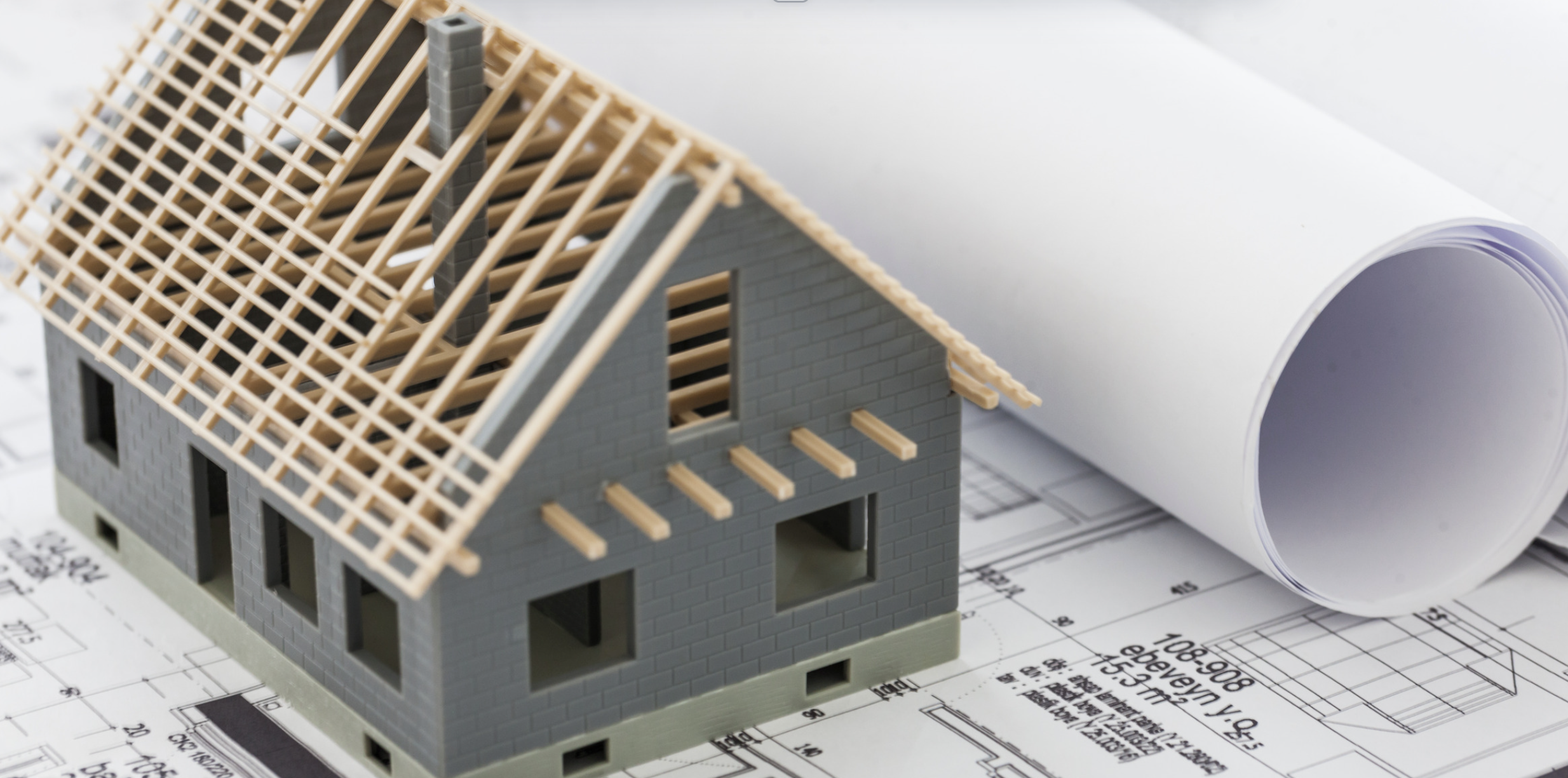
The Future of Property: A Shift Towards Lifestyle Matching
As the world around us evolves, so do our expectations and desires when it comes to finding a place to call home. The future of property selling is poised to undergo a significant transformation, shifting the focus from traditional property features to a more holistic approach centred around lifestyle matching. In an era where the quality of life is paramount, homebuyers are increasingly interested in how a potential home and its surroundings can enhance their day-to-day lives, rather than fixating on specific property details like whether a garden is laid to lawn or if the kitchen has a splashback mixer tap.
The Changing Priorities of Homebuyers
Historically, the real estate industry has emphasised the physical characteristics of a property: the number of bedrooms, square footage, and design elements. While these factors are still important, they no longer tell the whole story of what makes a home truly desirable. Today’s homebuyers are looking for much more than just a house—they’re seeking a lifestyle that aligns with their values, interests, and long-term goals.
Consider the example of a family looking for a new home. The parents are active, enjoying running and biking, and they have a dog that needs space to roam. The father commutes into London, with a strict requirement that his travel time does not exceed an hour. They have a baby, which means that in a few years, the quality of local schools will be a crucial factor in their decision-making. Additionally, the mother is keen to live in a community where she can easily connect with other mums and build a supportive social network.
For this family, the search for a home is not just about finding a property that checks off a list of features. It’s about finding a place that supports their lifestyle—a home that is close to running and biking trails, with ample green spaces for their dog, in a community that is family-friendly, and within a reasonable commuting distance to London. These lifestyle factors are increasingly becoming the primary considerations for many homebuyers.
The Rise of Lifestyle Matching
Lifestyle matching is an emerging trend that focuses on aligning a homebuyer’s personal needs and desires with the environment in which they will live. Rather than simply highlighting the physical attributes of a property, future real estate platforms and services could leverage advanced technology, including AI and big data, to provide a more personalised and comprehensive search experience.
For instance, instead of starting with a broad search based on price, location, and basic property features, a lifestyle matching approach would begin with the buyer’s unique lifestyle needs. The platform could assess various factors, such as proximity to parks and outdoor activities, the quality of nearby schools, the availability of public transportation, and the sense of community within the neighbourhood. By analysing these elements, the platform could then recommend properties that not only meet the buyer’s practical needs but also enhance their overall quality of life.
A More Fulfilling Homebuying Experience
This shift towards lifestyle matching offers numerous benefits for homebuyers. It transforms the homebuying experience from a transactional process into a deeply personalized journey. Buyers are no longer overwhelmed by countless listings that may or may not fit their lifestyle. Instead, they are presented with options that have been curated specifically to match their way of life, making the search process more efficient and meaningful.
Moreover, lifestyle matching resonates on an emotional level. A home is more than just a physical space; it’s a place where memories are made, and lives are lived. By focusing on the lifestyle that a property can support, buyers are more likely to find a place that truly feels like home—a place where they can thrive, build connections, and live their best lives.
The Future of Real Estate
As technology continues to advance, the real estate industry is likely to see a growing emphasis on lifestyle matching. With the help of AI, data analytics, and user-centred design, future real estate platforms could offer an unprecedented level of personalization, helping buyers find not just a house, but a home that fits seamlessly into the life they want to lead.
In conclusion, the future of property selling is about more than just bricks and mortar. It’s about matching people with the places that will allow them to live the lives they’ve always dreamed of. As this trend gains momentum, homebuyers will increasingly look for properties that offer not just the right features, but the right lifestyle—a shift that will redefine how we think about real estate in the years to come.


